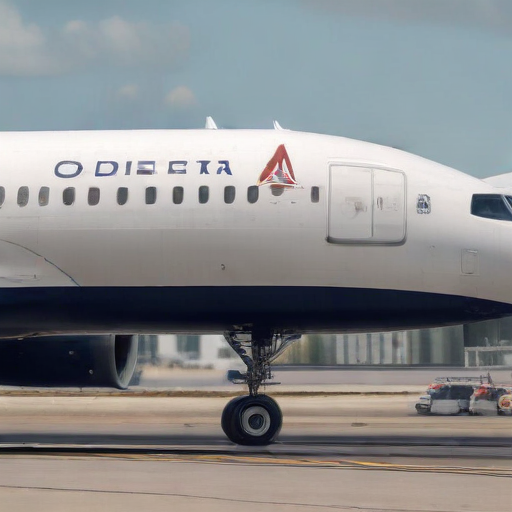The U.S. Department of Transportation is conducting an investigation into Delta Air Lines to ensure that the airline is upholding consumer rights following a series of significant flight cancellations caused by a global technological outage last week. Secretary of Transportation Pete Buttigieg emphasized the importance of fair treatment for all airline passengers, noting that the department has received numerous complaints regarding Delta’s handling of the situation.
Delta Air Lines, based in Atlanta, is facing operational challenges as it works to recover from a software update issue caused by the cybersecurity firm CrowdStrike. This update, which unintentionally impacted Microsoft’s Windows operating systems, created widespread disruptions across various sectors, including healthcare, retail, and financial services. Airlines were particularly affected, with over 46,000 flight delays and approximately 5,171 cancellations reported on the Friday following the outage, with Delta enduring the most significant impact.
In response to the disruptions, Delta canceled around 3,500 flights over Friday and Saturday, followed by more than 2,500 cancellations on Sunday and Monday, and at least 738 cancellations or delays on Tuesday. Delta’s CEO, Ed Bastian, remarked on the gravity of flight cancellations, assuring customers that such actions are not taken lightly, and he extended apologies to those affected by the cancellations.
To assist travelers, Delta has introduced a travel waiver allowing customers to modify their flights without charges, in addition to providing meal vouchers, hotel accommodations, and transportation services.
This situation serves as a reminder of the vulnerabilities in the interconnected digital environment and highlights the airline industry’s need for robust systems to avert such large-scale disruptions. Delta’s commitment to compensating its affected passengers may help restore trust and demonstrates the importance of customer care in the travel sector.
As the investigation unfolds, there’s a potential for stronger regulations to emerge, ensuring that airline passengers’ rights are more stringently protected moving forward. This could lead to improvements that enhance the overall travel experience for customers, making future disruptions easier to manage.
